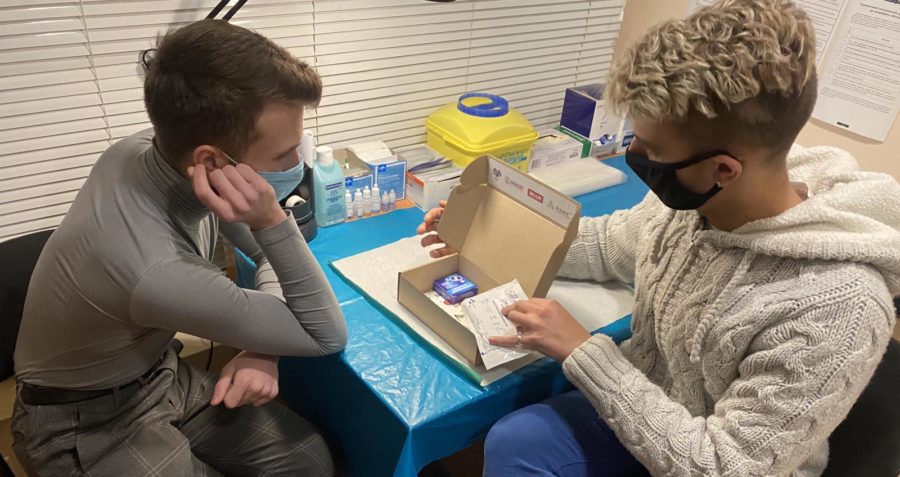HIV treatment deliveries
 Alliance for Public Health
Alliance for Public Health
Key information
- Organisation: Alliance for Public Health
- Country: Ukraine
- Region: Eastern Europe and Central Asia
- Stage of innovation: Stage 3: Pilot
- Start date: 2020
- End date: TBC
- Type of innovation: Service innovation: new or improved service
- Funded by: USAID
Summary of intervention
In Ukraine, COVID-19 has made it difficult for some people living with HIV to access antiretroviral treatment (ART), particularly those who were already struggling to adhere. The situation was particularly bad during the pandemic’s first few months when all public transport in Ukraine stopped. Transport is now restored in most regions, but the problem still exists. In many small towns, COVID-19 measures on mask wearing and social distancing are not being observed, and the increased risk of COVID transmission, particularly in areas where infection levels are high, is still preventing some people living with HIV from accessing ART.
In consultation with people living with HIV, the HealthLink Project and local NGOs in Dnipropetrovsk and Kirovohrad oblasts designed innovative ways to deliver ART. The model uses a delivery company (369 deliveries), road transport (32), or provides social workers (11) with special passes from municipal authorities so they can use public transport during lockdown.
The problem with ART delivery was solved thanks to effective working between regional and national teams, local medical institutions and understanding from those awaiting their medication. There have been no cases of treatment interruption during lockdowns and the adherence-to-treatment rate has remained the same as before COVID-19.
Learnings
The easiest way for people to receive ART medication was to send it via courier but this required serious logistical arrangements and it was not possible to deliver to all areas. In these cases, other methods were used. For example, the Zaporizhzhya team used a mobile clinic to reach Rozivka, the most remote district centre in the region, bringing enough ART to provide for all those in need.
next steps
- The innovation was not intended to be a long-time, sustainable solution; rather it was seen as a short-time solution to close the gaps caused by the COVID-19 crisis. Further development depends on the COVID-19 situation in the country.
- New approaches to ART delivery are currently been considered.

